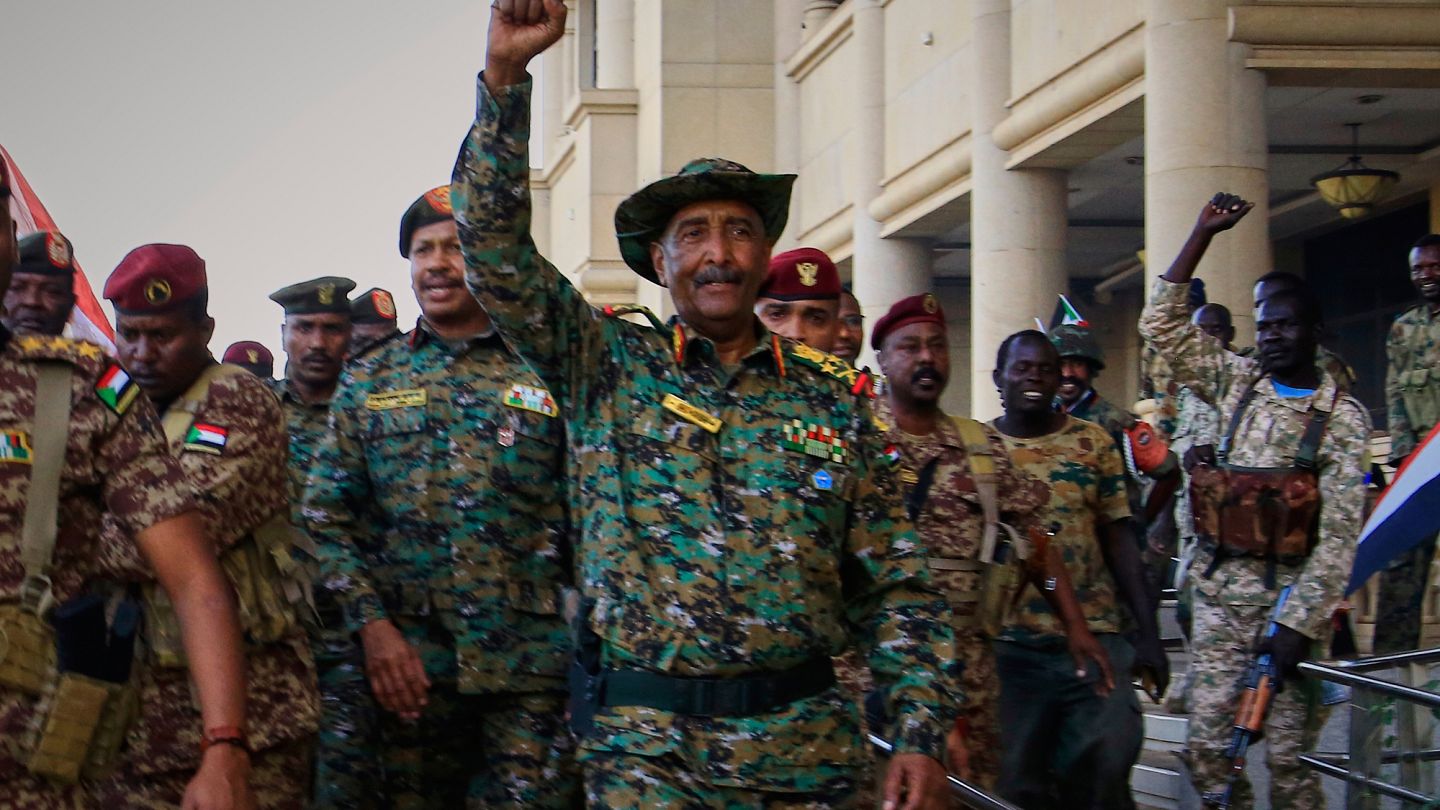Sudan's army chief appoints first prime minister since war's start
Kamil al-Taib Idris will be responsible for forming the country’s transitional government, two years after the country's civil war began in 2023.
Sudan's army chief has appointed a former UN official as the African country's first prime minister since its brutal civil war broke out two years ago, on the back of increasing military wins, particularly its ousting of paramilitary forces from the capital in March.Kamil al-Taib Idris, a career diplomat who formerly worked as Sudan's legal adviser at its UN mission and had also previously run for president, will aim to form a transitional government in the country that has been torn apart by fighting. He was appointed on Monday by the head of the Sudanese Armed Forces (SAF), General Abdel-Fattah Burhan, who also serves as chairman of Sudan's transitional sovereign council.Idris replaces diplomat Dafallah Al-Haj Ali, whom Burhan named acting prime minister on 30 April.Buoyed by months of military advances, including repelling the Rapid Support Forces (RSF) from the capital, the army aims to restore a semblance of normality to the country's politics. Burhan espouses the creation of a transitional government.But earlier this month, the RSF began attacking Port Sudan, the seat of the SAF-aligned administration, which had previously remained a safe haven for the most part. Ahmed Soliman, Senior Research Fellow at Chatham House’s Africa Programme, told Euronews that the drone strikes were designed to hit critical infrastructure and show that the army is not able to provide civilians with safety.Idris's appointment comes as both the SAF and the RSF attempt to establish their political legitimacy, more than three years after the last prime minister, Abdalla Hamdok, stepped down in January 2022 after he failed to settle disputes among the country's political forces. The war began in April 2023, after tensions between SAF and the RSF erupted in Khartoum and soon spread beyond the capital.In February the RSF and its allies signed a political charter in Kenya’s capital Nairobi, aimed at establishing a parallel government to challenge the military-backed administration. The charter, which called for “a secular, democratic and decentralised state”, intensified concerns about the splintering of Sudan.The war has been marked by atrocities committed by both the SAF and the RSF, including mass rape and ethnically motivated killings, that may amount to war crimes and crimes against humanity, according to the UN and international human rights groups. Last month, Amnesty International released an investigation finding that the RSF had committed widespread sexual violence, which it said amounted to possible crimes against humanity. Estimates of the number killed in the conflict vary widely, from 24,000 to as many as 150,000. Some 13 million people have been forced to flee their homes, including 4 million who have left the country.Parts of Sudan are suffering famine, with around half the population — nearly 25 million people — experiencing acute food insecurity, according to the Office of the United Nations High Commissioner for Human Rights (OHCHR).


